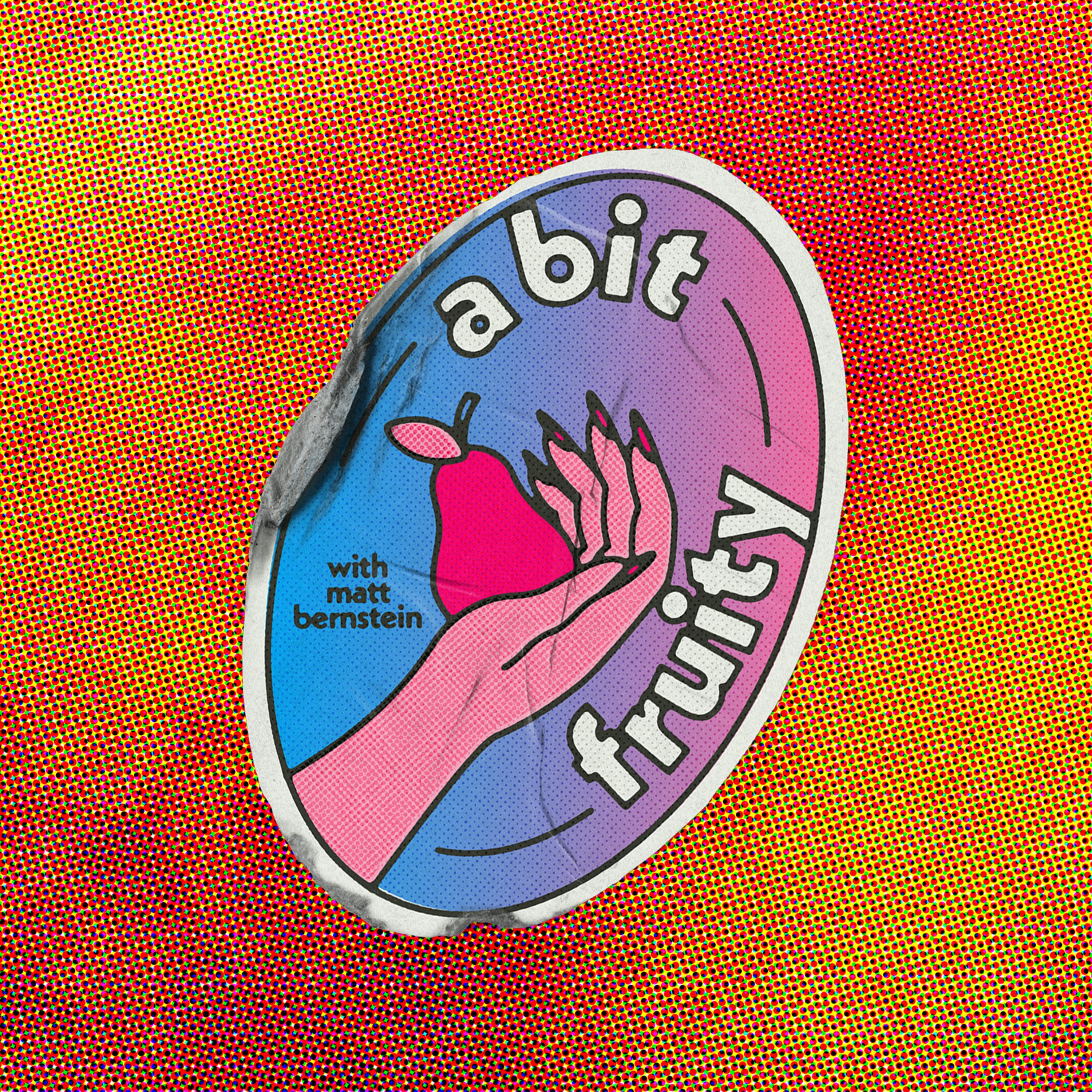Annoying Gays are Not the Problem
Autistic nonbinary TikTokers. Loud, flamboyant gay men. The twink who filmed himself having sex in the Senate hearing room. Are gay rights being eroded across the country because some of us are… annoying? It’s tempting to think so, but it isn’t true. Sadly, we can never Blaire White-ify or Pete Buttigieg-ify ourselves to freedom.
Support me on Patreon!
Find more of Devon’s work.
Find more of A Bit Fruity.
Find more of Matt.
Learn more about your ad choices. Visit megaphone.fm/adchoices
Support me on Patreon!
Find more of Devon’s work.
Find more of A Bit Fruity.
Find more of Matt.
Learn more about your ad choices. Visit megaphone.fm/adchoices
Press play and read along
Transcript
Transcript is processing—check back soon.
A Bit Fruity with Matt Bernstein — Annoying Gays are Not the Problem
